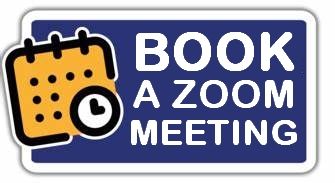Objectives
- Develop an understanding of the sales process and how non-salespeople can contribute to it with integrity
- Identify new opportunities that can be passed on to the sales force
- Further improve the customer experience and strengthen the sales-service synergy
Participants
- Managers and staff in customer service, technicians, after-sales, etc.
- 12 participants max.
Prerequisites
Programme
- Make non-salespeople aware of the positive role they can play in sales, that they can influence with integrity and further increase customer satisfaction through listening, analysis and relevant advice
- De-demonise sales techniques, translating them into natural and honest communication techniques that improve the customer relationship
- Know how to read and adapt to the psychological and behavioural profile of the customer
- Know how to listen, question, analyse and reformulate
- Know how to create the expectation of advice
- Know how to present advice and argue for it
- Adult communication and handling objections
- Know how to deal with a complaint
- Train non-salespeople in role-playing concrete cases
- Structure interviews with the dual aim of meeting technical expectations and identifying commercial opportunities during a service interaction
- Obtain commitments from the customer without pressure
Methodology
- Role-playing to make each person aware of his or her practices that need to be improved
- Inductive facilitation to encourage active participation
- Individual coaching during the training
- Personal action plan
Let's talk about training.


